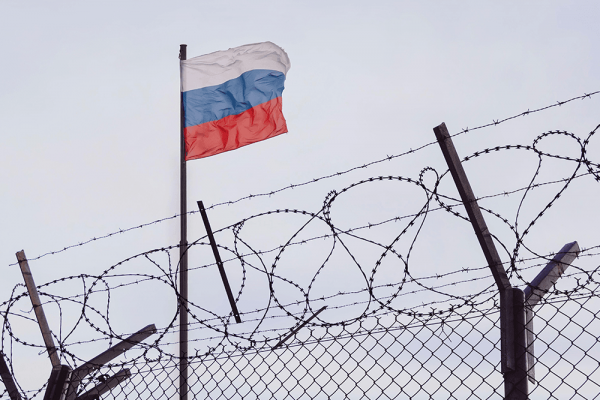May 2, 2022
“[Sanctions] are, as we see now in the case of Russia, warfare by other means,” Jim Hodgson, a retired program coordinator for the United Church of Canada whose decades of work focused on Latin America and the Caribbean, told Sojourners.
Read the Full Article

Already a subscriber? Login
